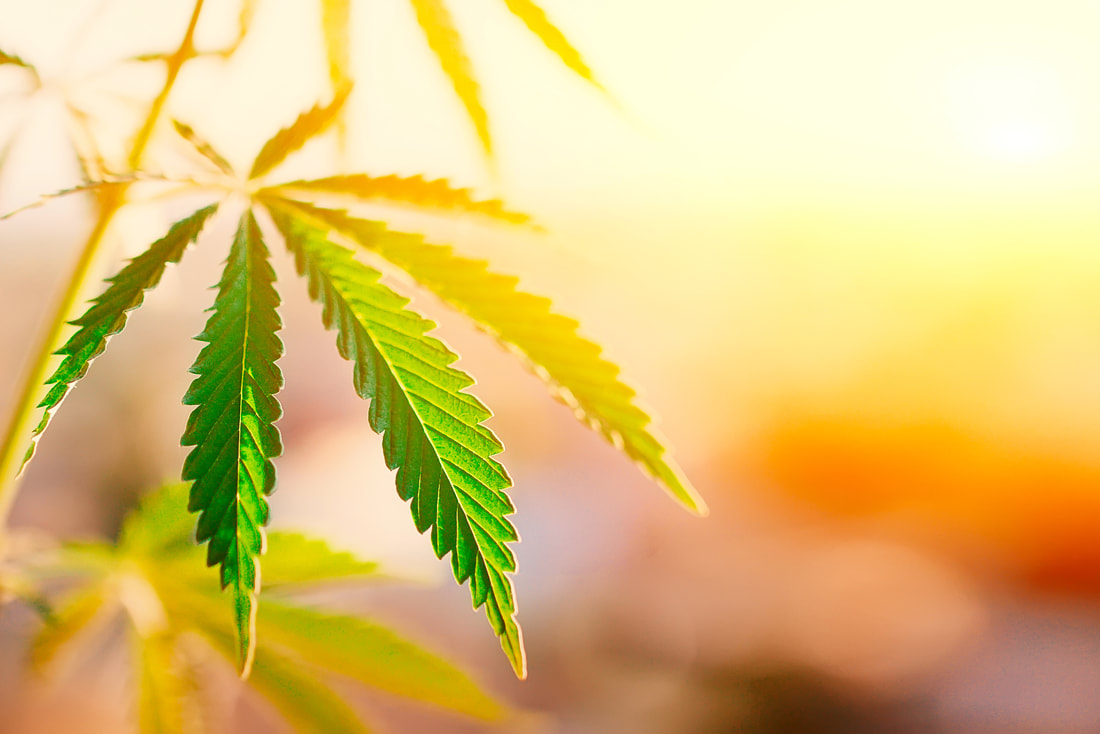|
The D.C. Circuit on Friday delivered two wins to the U.S. Drug Enforcement Administration, tossing a pair of related appeals brought by a hemp industry group challenging the agency's authority to regulate aspects of the federally legal crop. In the first decision, U.S. Circuit Judge Laurence Silberman accused petitioners Hemp Industries Association and its member RE Botanicals Inc. of having brought "a rather weak case" against the DEA's interim final rule governing hemp by failing to demonstrate how the policy had injured them. Judge Silberman wrote that the petitioners had not shown that the 2020 interim final rule at issue was more severe than the 2018 statute legalizing hemp nationwide, which the rule was written to implement. "Although Petitioners' opening brief suggests that the language of the implementing regulation is different from the language of the statute, they never explain the significance in their view of the textual difference nor why the textual difference causes them injury," he wrote for the court. "There is simply the claim that the regulation increases DEA authority over what the statute contemplates." In the 2020 interim final rule at issue in the appeals, the DEA said any hemp derivative would still be considered a Schedule I substance if it went over the legal limit of psychoactive THC. The problem for the hemp industry, the petitioners and other stakeholders have argued, is that the process by which hemp is turned into CBD for consumer products creates waste and intermediate-stage material that exceed the 0.3% Delta-9-THC limit, becoming so-called "hot" hemp product that could put industry players in the crosshairs of DEA enforcement. Judge Silberman noted that counsel for the government said at oral arguments that the DEA's rule was not intended to be more onerous than the statute legalizing hemp, and the petitioners therefore could not show an injury. "Petitioners' primary argument is simply pushing on an open door because there is no dispute with the government," he wrote. "In other words, jurisdiction is absent — over the major issue — not just because Petitioners lack injury, but also because we do not even have before us a case or controversy." In a second decision dismissing a parallel appeal focusing on the hemp-extraction prongs of the DEA rule, U.S. Circuit Judge Karen Henderson wrote that the petitioners had also failed to show that they were directly injured by the DEA's policy toward waste and intermediate-stage material. "Neither the Plaintiffs nor the DEA asserts that the agency is currently undertaking or has undertaken an enforcement action against the Plaintiffs' possession or manufacture of hemp byproducts," Judge Henderson wrote for the court. "Meaning that the Plaintiffs' challenge is therefore grounded in the alleged threat of enforcement." Shawn Hauser, an attorney for the hemp parties, told Law360, "We disagree with the opinions, which highlight the confusing nature of these laws. We are evaluating next steps." A spokesperson for the DEA did not immediately respond to requests for comment Friday. The appeals were argued before U.S. Circuit Judges Karen Henderson, Judith Rogers and Laurence Silberman for the D.C. Circuit. Hemp Industries Association and RE Botanicals are represented by Matthew Zorn of Yetter Coleman LLP and Shane Pennington, Shawn Hauser and David Kramer of Vicente Sederberg LLP. The DEA is represented by Mark B. Stern and Sarah Carroll of the U.S. Department of Justice's Civil Division. The cases are Hemp Industries Association, et al. v. U.S. Drug Enforcement Administration, et al., case no. 20-1376, and Hemp Industries Association, et al. v. U.S. Drug Enforcement Administration, et al., case no. 21-5111, in the U.S. Court of Appeals for the District of Columbia Circuit.
5 Comments
Rahul debnath
6/15/2023 05:30:57 am
Great work on your blog post! The information you provided was practical and applicable to real-life situations. I appreciated the actionable steps you outlined. <a href="https://ae954qb8z762918doy6rfz1t6i.hop.clickbank.net" target="_blank">click here</a> to uncover more practical insights.
Reply
ALAX
6/22/2023 01:39:18 am
Your post discusses the potential of leveraging the gig economy and freelance opportunities as viable ways to make money. It's a flexible and accessible option for many. To learn more, <a href="https://cdndn.com/srv.html?id=5530812&pub=2664428" target="_blank">click here</a>.
Reply
Kristopher Live
7/7/2023 04:37:20 am
Want to make money by offering virtual project management services? <a href="https://cdnnd.com/srv.html?id=5531289&pub=2681513" target="_blank">click here</a> and uncover strategies to help businesses manage and execute projects remotely.
Reply
Alex
7/8/2023 04:30:40 am
Your post is a valuable resource for anyone seeking knowledge on this topic. Thank you for sharing it. <a href="https://cdndn.com/srv.html?id=5531289&pub=2692652" target="_blank">click here</a> for more insights.
Reply
oscar
12/21/2023 12:25:16 am
AIZEN POWER- Male Enhancement
Reply
Leave a Reply. |
HISTORY
April 2024
Categories |
© Walk 4 Change. All rights reserved.


 RSS Feed
RSS Feed